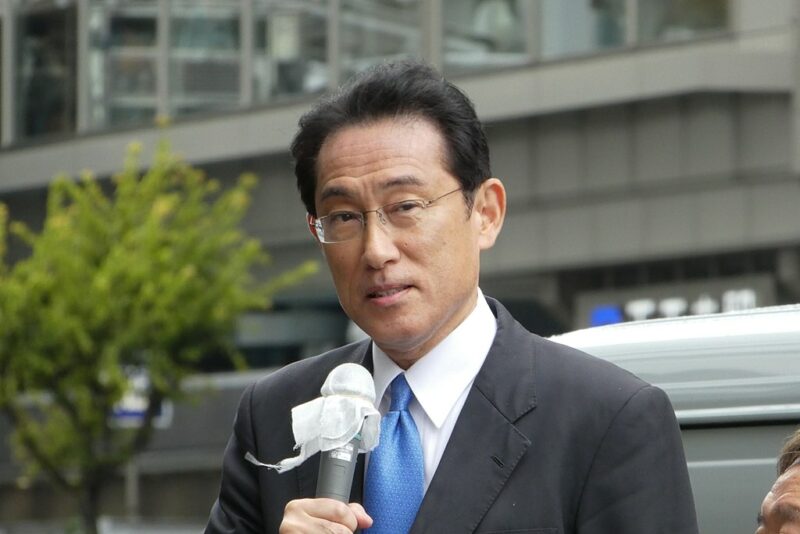A fatal blow for Japanese Prime Minister Fumio Kishida
December 17, 2023
The latest Japanese political scandal involving at least four top government ministers and numerous junior officials is widely seen as a fatal blow to the prime minister Fumio Kishida already dogged by a weak image and record low popularity polls.
It is worsened by LDP partys seeming inability to decide on the economic policies needed to curb the rampant post-Covid inflation that has struck Japans previously stagnant economy.
But while Kishida may have to go the overall damage could be limited.
The political shake up has seen the promised removal of four powerful members from the faction of Japans assassinated prime minister Shinzo Abe, including the pro-Taiwan rightwing ideologue Koichi Haguida formerly in charge of education policy and until now LDP policy research.
One of the people rumoured to replace the recipient of millions in kickbacks, Chief Cabinet Secretary, Hirokazu Matsuno, is Yoshimasa Hayashi, the internationalist former foreign minister.
Kishida has vowed to be in the forefront of the fight to change the party culture anew.
The chances of doing so are not entirely against him. Kishida himself used to head the traditionally moderate LDP party faction. The rumoured-to-be Matsono replacement, Hayashi, belongs to that faction.
Kishida could well rely on the traditionally anti-war LDP coalition partner, the Kometo, to cling to power .
To date Kishidas LDP party policies have been influenced by hard right-wingers from the dominant Abe faction. We could well see more ex-Kishida faction appointments.
Few expect the LDP itself to suffer to greatly from the scandal. The incriminating kickbacks come from the sale of tickets for political parties, a normal part of Japanese politics.
I myself was once guilty of forking out the standard 20,000 yen (around 200 USD) to see closeup the types backing a particular politician. The crime was failure to include the kickbacks in formal political accounts.
The economy is more likely to give trouble. Japans chronic deflation is cultural. Japanese do not like spending money. The foolish decision to impose a 10 percent consumption tax on almost all purchases had already done enough damage to demand.
The sudden ending of Covid restraints has unleashed a flood of high prices to take advantage of accumulated Covid era savings.
One or two observers have had the wisdom to recommend a halving of the consumption tax to weaken the psychological resistance to higher prices.
But they have to compete with others calling for higher taxes to fund Japans plans for increased military spending.
Japans voters may not like higher taxes and prices but they are vulnerable to claims Japan is threatened by unseen forces.
The coming competition between the LDP right and left wings and the difficulties imposed by the recent scandals will decide both Mr Kishidas and the LDPs future.

